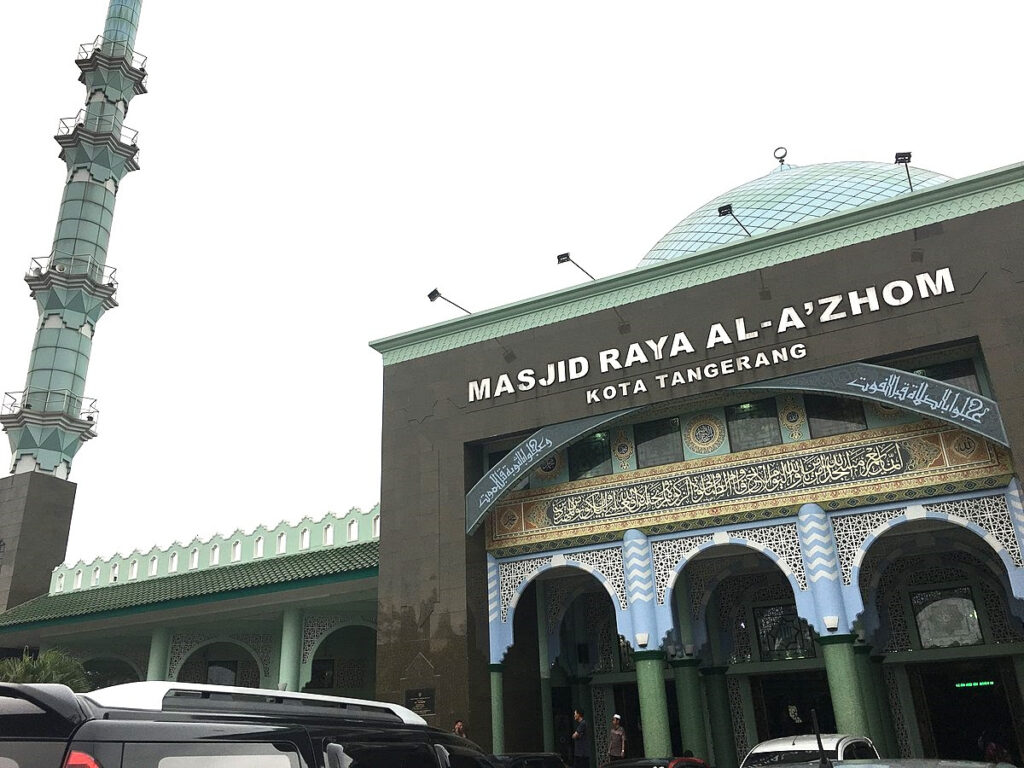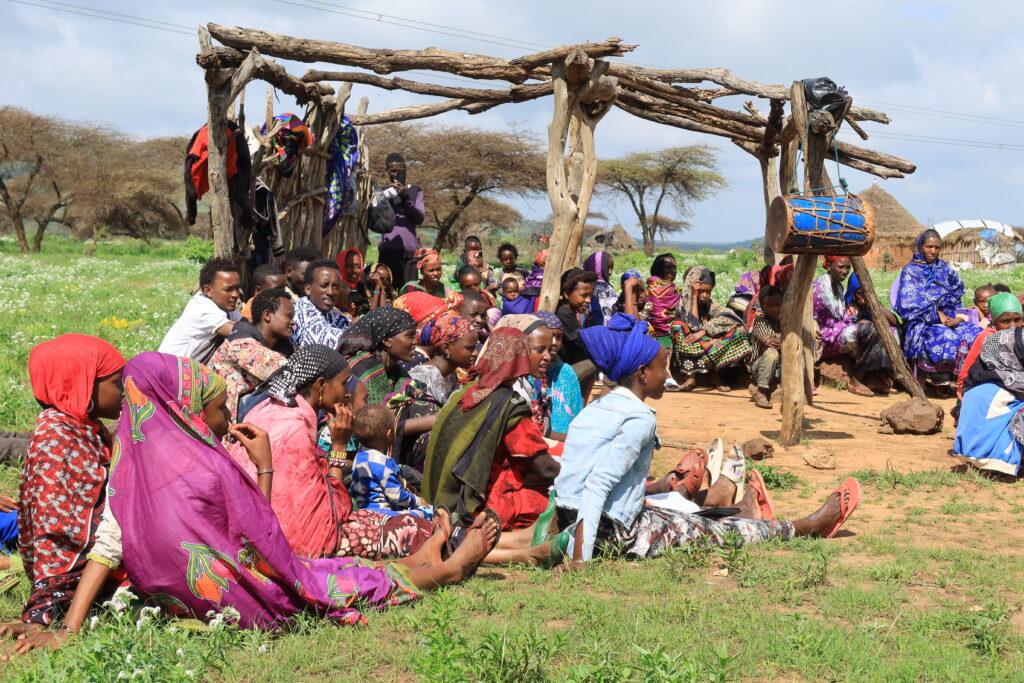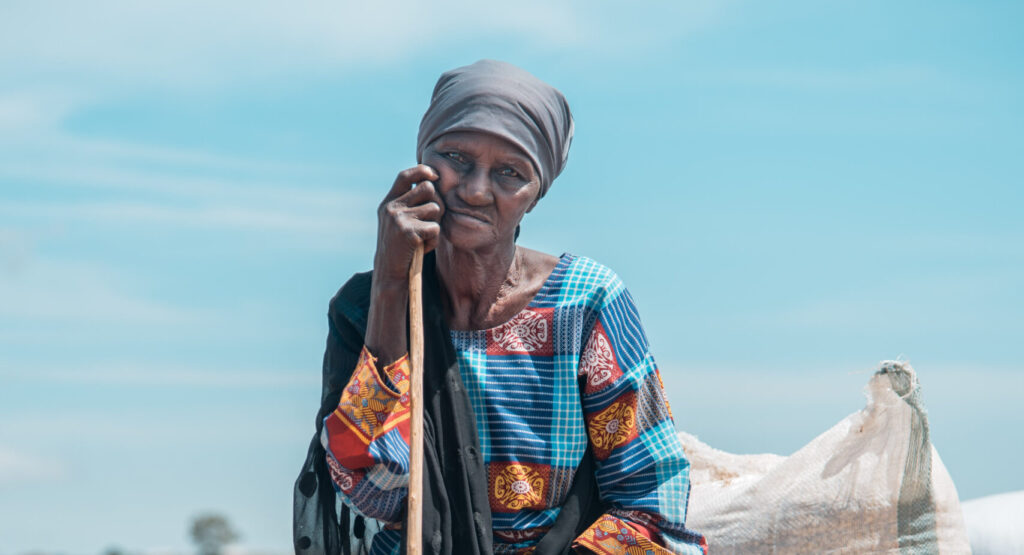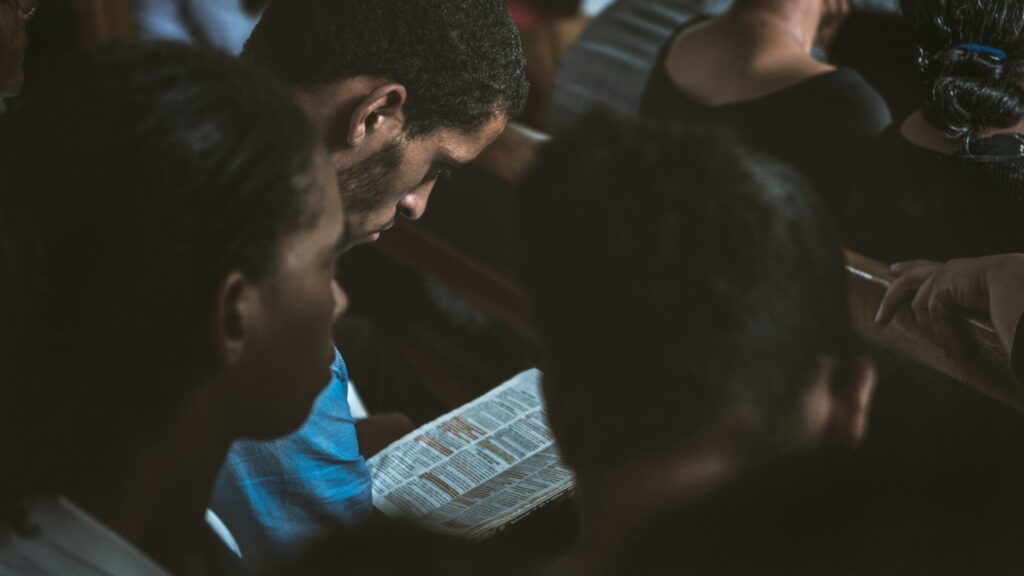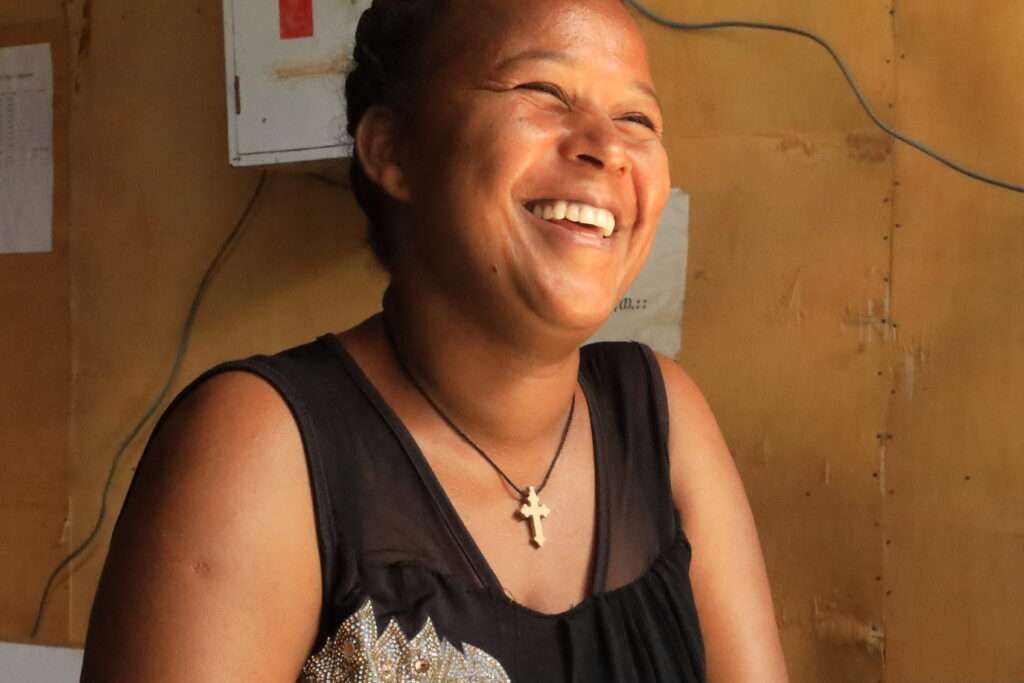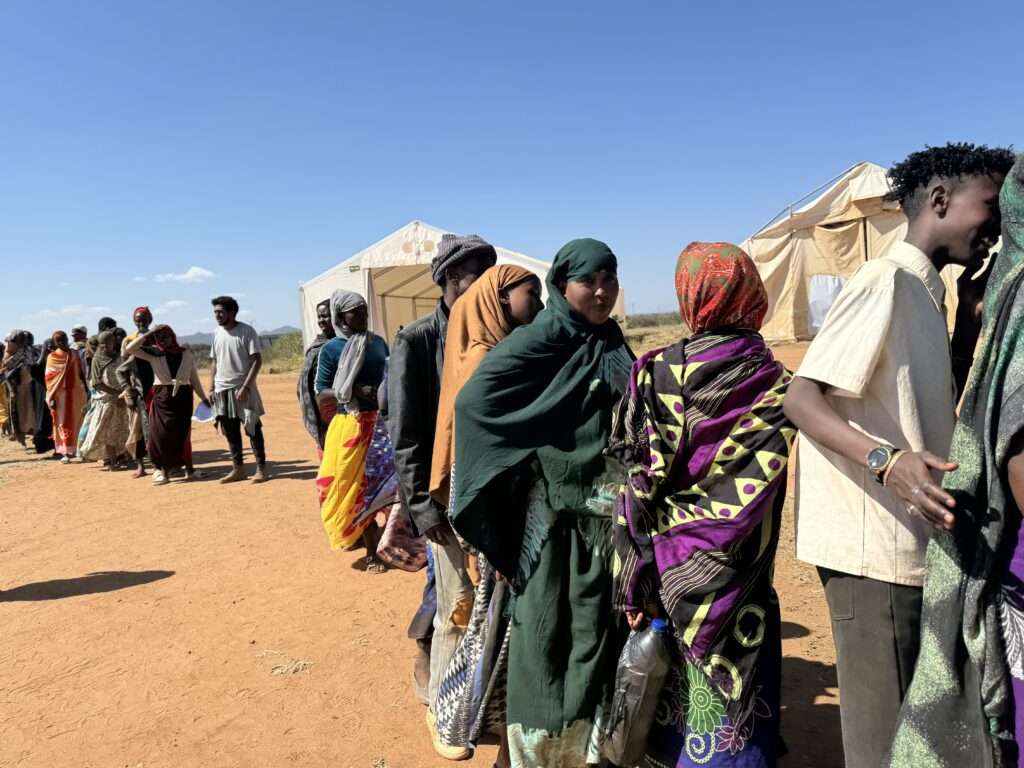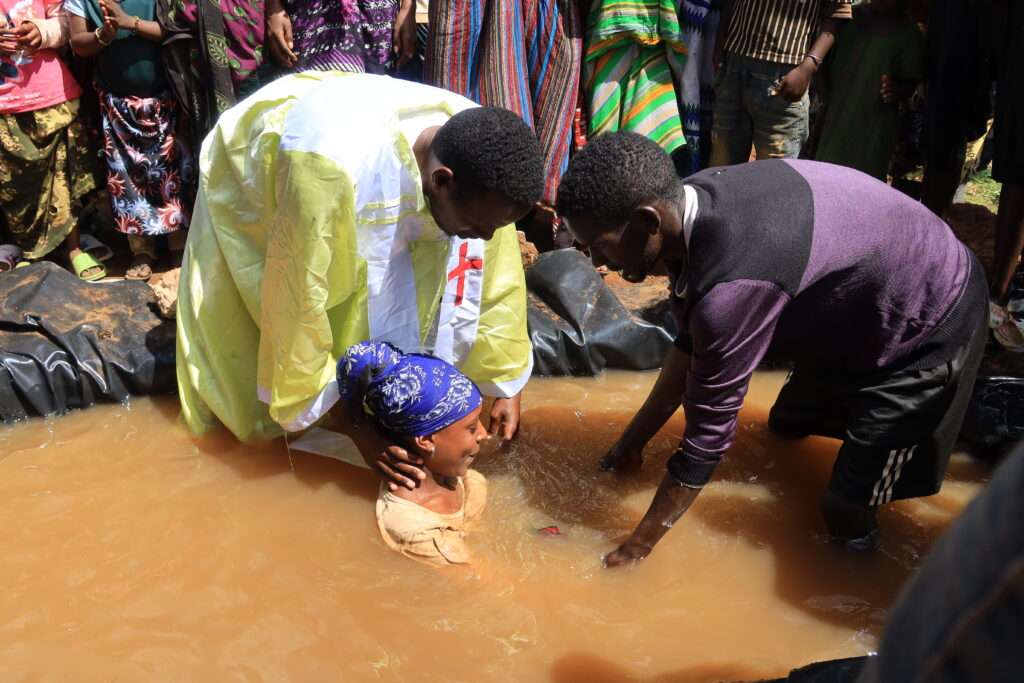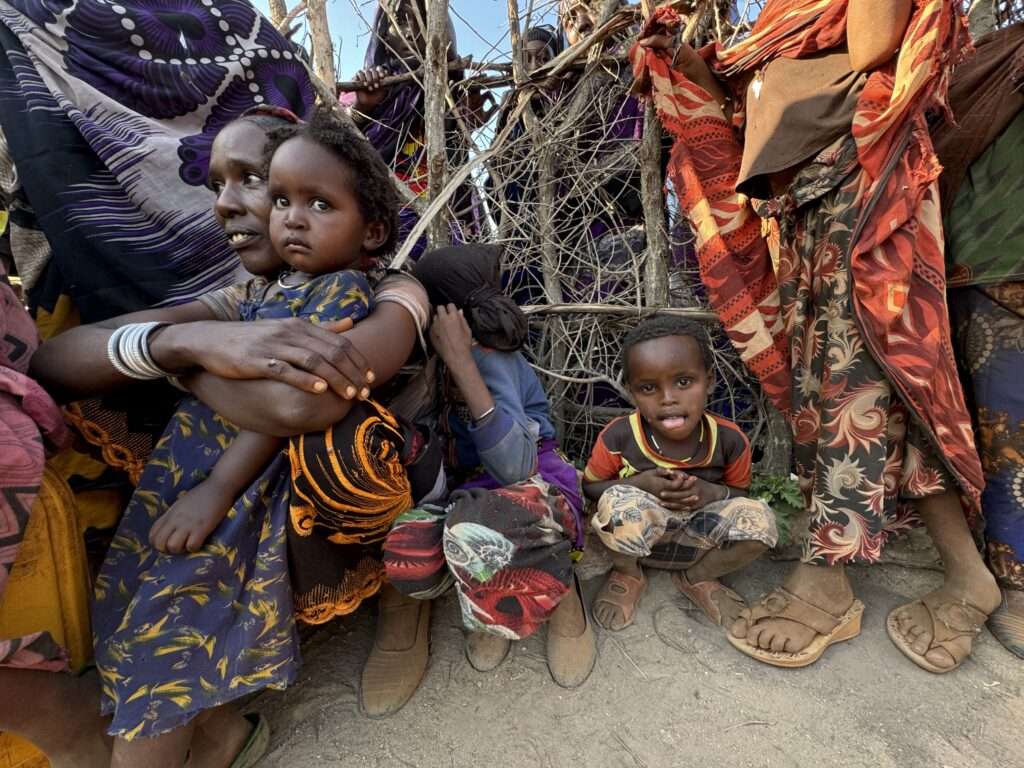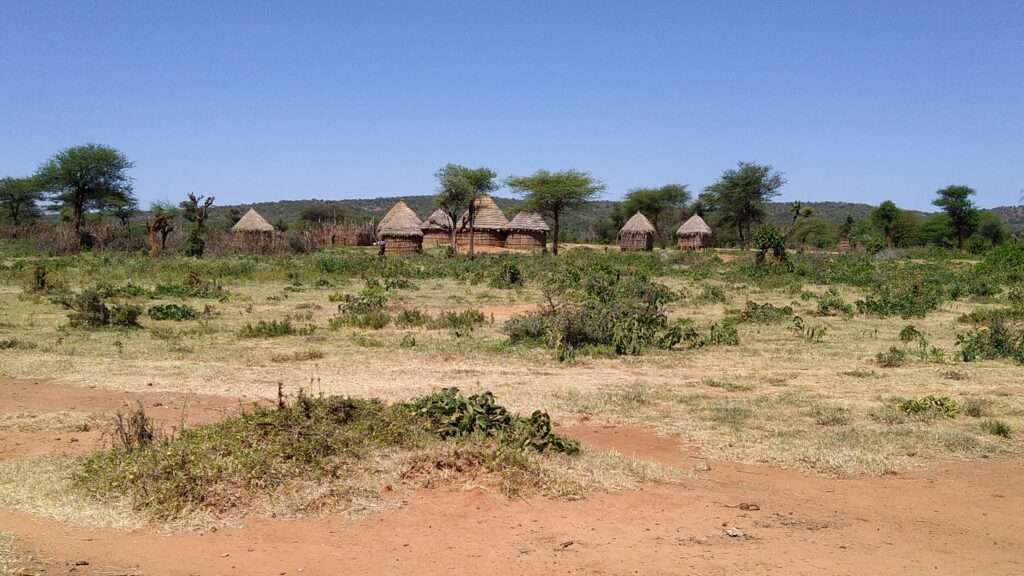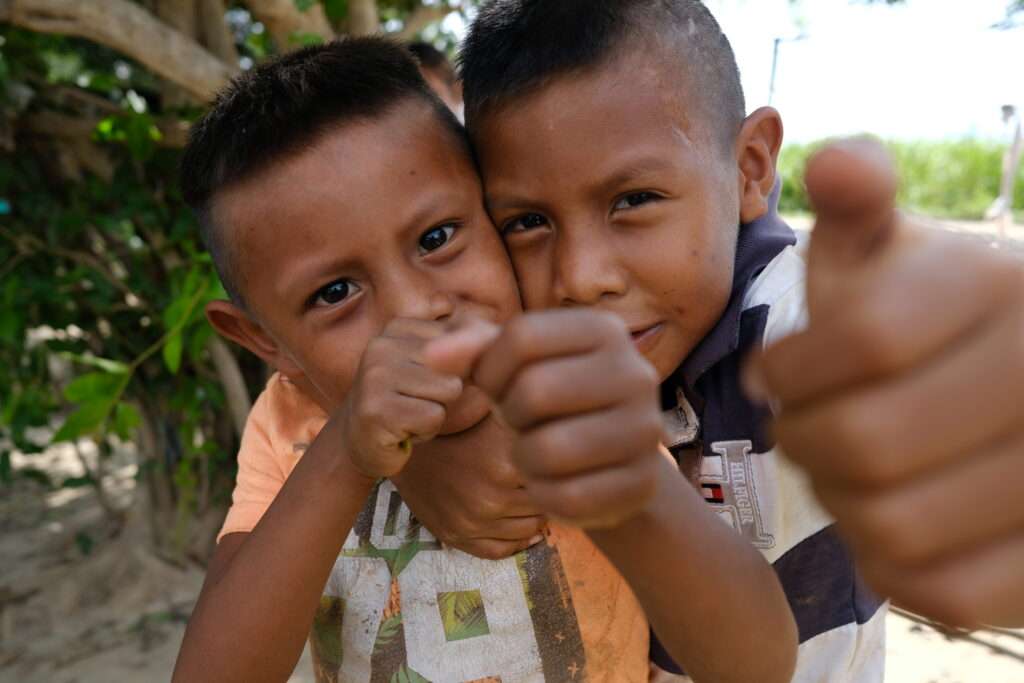On the western tip of Java Island, dozens of Muslim residents gathered outside the house after worship ended in Saga Bunar, Balaraja Sub-District, Tangerang Regency, Banten Province, police said.
Authorities said police arrived and dispersed the crowed, but video on X (formerly Twitter) shows police officers present among other people in a room while the pastor, identified only as Kinerinda, reads an agreement reached with local residents.
“Starting from today, there will be no more religious services or worship services in the house I live in,” Pastor Kinerinda says on the video, adding that she made the statement “without any coercion from any party,” a standard phrase in such agreements in Indonesia to prohibit members of minority faiths from later appealing in court.
Balaraja Police Chief Badri Hasan said the crowd gathered around the house after the service objecting to its use as a place of worship, according to detiknews.com.
“According to residents, this is because there has been no approval or permission to build a place of worship,” Hasan said, according to the news outlet. “Residents have protested. As far as I know, this is the first time.”
Saying the homeowner had used her home for worship services for a year, Badri said police referred the conflict to the “relevant stakeholders” – presumably the local city and religious leaders – to resolve the issue.
Bonar Tigor Naipospos, deputy chairman of the Setara Institute for Peace and Democracy, said holding worship at a house is explicitly permitted in Indonesia’s Join Ministerial Decree of 2006, which requires a permit only for a venue constructed as a permanent worship site.
“The problem is that those who are intolerant always think that when Christians gather to worship, it is something that violates the rules – that worshiping together must be in a house of worship or church,” Naipospos told Morning Star News.
Private worship is legal in Indonesia, but many people consider the “private sphere” as only the five daily prayers in Islam, he said.
Indonesia ranked 42nd on Open Doors’ 2024 World Watch List of the 50 countries where it is most difficult to be a Christian.
